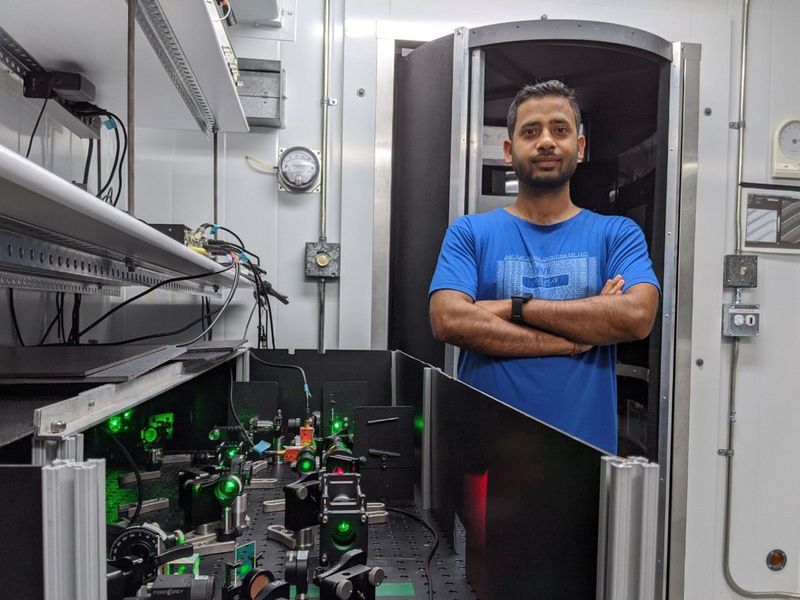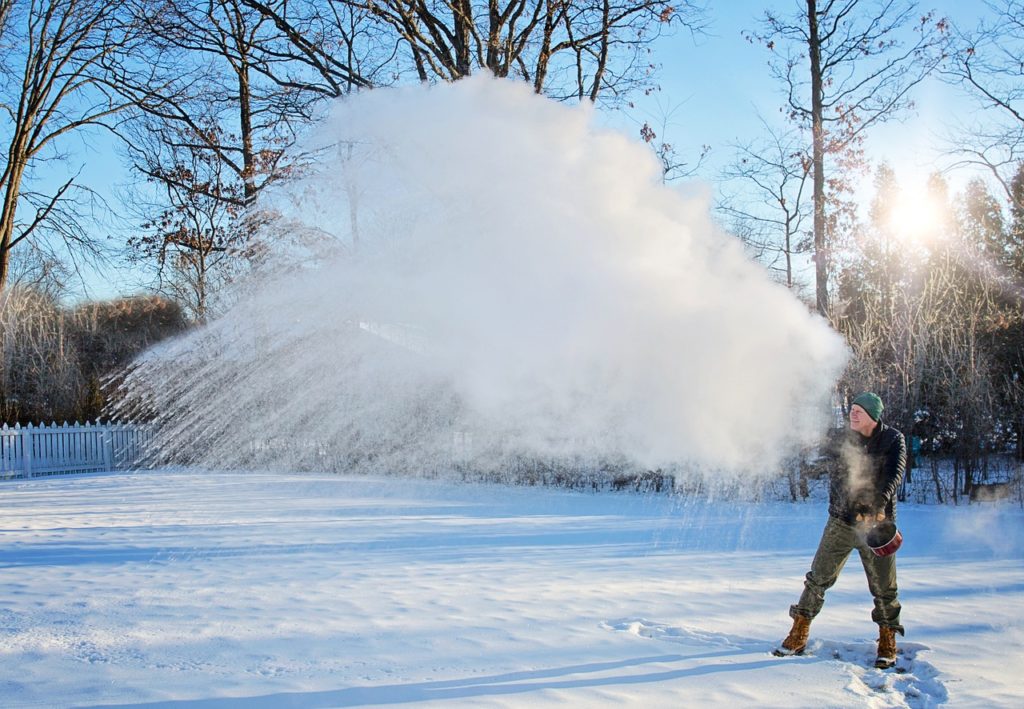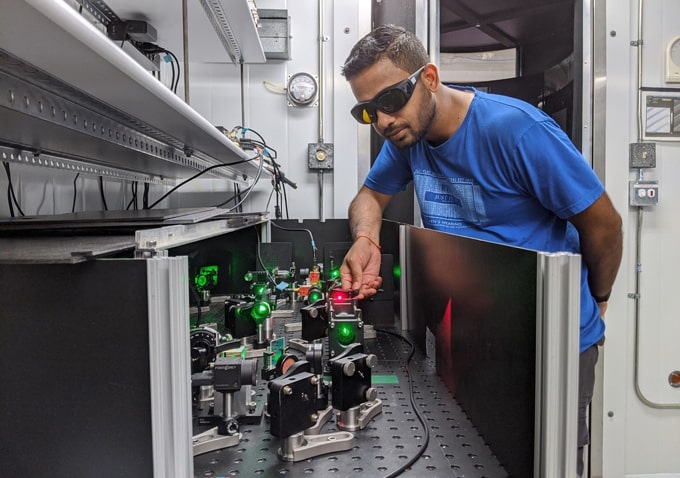
A new experiment hints on how hot water can freeze faster than cold. This question has been debated for decades between philosophers and physicists who have investigated the existence of this phenomenon.
A study of tiny glass beads may be the answer to our question. Rather than experiment on freezing water, which is surprisingly complicated to study, physicists Avinash Kumar and John Bechhofer of Simon Fraser University focused their sights—and lasers—on microscopic glass beads.

Does hot water freeze faster than cold water? Intuition may say that the answer should be no, because all things being equal, hot water takes longer to cool down than cold water. But observations over thousands of years, as well as countless modern experiments, have shown that the opposite is true.
2,300 years ago, Aristotle observed that “to cool hot water quickly, you have to start by putting it in the sun”. In the 1960s, this counterintuitive phenomenon was rediscovered as the statement that “hot water can freeze faster than cold water” and has become known as the Mpemba effect. Since then it has been the subject of much experimental investigation and some controversy.

The physicists measured how the glass beads moved under very specific conditions in water and saw that in some circumstances, beads that started off very hot cooled faster than those that didn’t. They used a laser to exert controlled forces on the bead and measure the bead’s temperature over a thousand times, dropping the beads in different wells and starting at different temperatures.
The scientists manage to demonstrate the Mpemba effect in a controlled environment. The experiment outlines the generic conditions needed to accelerate heat removal and relaxation to thermal equilibrium, supporting the idea that the Mpemba effect is not simply a scientific curiosity.
“This work does not explain all the particulars of why hot water placed in a freezer can start to freeze more quickly than cold, but it does provide important insight into this curious phenomenon and suggests that analogues could exist in many other settings and materials”
– Said John Bechhoefer, SFU physics professor.
You can find the complete study at Nature.